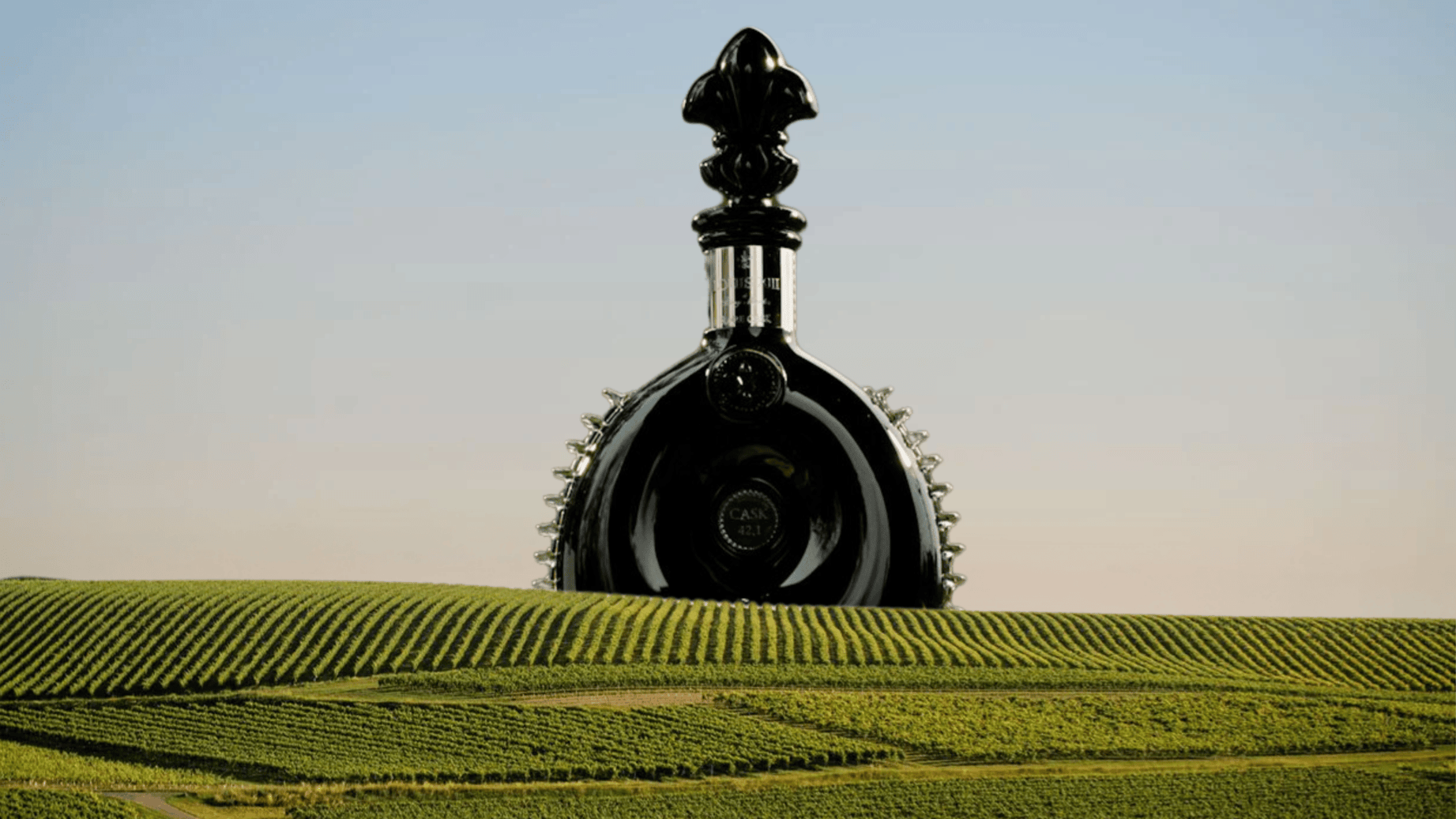Getting dressed is a fundamental part of our daily decision-making process. And while our collective experience in assembling our outfits ranges from intense thought to afterthought, this ubiquitous daily ritual is one that has far-reaching implications that we often don’t consider. Think about what you decided to wear this morning, or even what you’re wearing now. How often do you think about how your garments were manufactured, the resources they consumed in order to be made, or the journey they took to eventually land in your closet?
It’s hardly a secret that the fashion industry is a major culprit when it comes to environmental pollution. According to United Nations Climate Change, the $2.5 trillion-dollar fashion industry contributes to nearly 20 percent of total wastewater pollution and 10 percent of global greenhouse gas emissions. In fact, the fashion industry consumes more energy than the aviation and shipping industries combined.
It’s clear that things need to change, and there are companies out there that are leading the effort to create a more sustainable, environmentally-positive future.
Reformation is a popular women’s clothing brand with a mission to bring sustainable fashion to the masses. What started in 2009 as a vintage clothing store quickly evolved into a fashion brand with a core focus on making people look great without hurting the environment.
“From day one, we started with the idea of bringing together two worlds that weren’t often coupled,” says CEO Hali Borenstein on a Zoom call from her home base in LA. “Reformation is predicated on the idea that you shouldn’t have to choose sustainability or style; you can really have both.”
Since 2015, Reformation (or “Ref” as it’s colloquially known) has been carbon neutral (which means they’ve achieved net zero carbon dioxide emissions) and aspires to be climate positive by 2025. That is, they aim to pull more carbon from the atmosphere than they’re putting in to create an overall environmental benefit. According to their 2020 Year in Review Sustainability Report, big milestones were accomplished in pursuit of their larger goals, including 417,800 garments that were reused or recycled in the year alone and 93 percent of their fabric spend being derived from low-impact fibers.
But for a company built so firmly on a foundation of transparency and progressive values, Reformation has also had to face their own demons along the way. In the summer of 2020, then CEO and founder Yael Aflalo stepped down from her position after allegations of racism from previous employees made their way online. This was at the height of the Black Lives Matter movement and brought into question whether a company (on the grounds of principle alone) can truly champion environmental justice without upholding racial equality at the same time.
RELATED: How Allbirds CEO Joey Zwillinger is Keeping Companies Accountable to Their Carbon
“It was certainly a really challenging time for our organization,” says Borenstein. “We have an opportunity today to invest more into our people and the HR processes and resources that we offer… We’ve invested a lot in building that infrastructure out, whether it be through tools, team leadership, and just having those really hard conversations that organizations need to have.”
The result of these difficult (but essential) conversations has been for Reformation to reflect inwardly and take action to course correct. Their 2020 Year in Review breaks down an inventory of what they’re focusing on, which includes diversity and inclusion workshops, launching an anonymous employee communication platform, and joining the Black in Fashion Council to help advance Black and other underrepresented individuals in the industry. Reformation also brought on a CPO (that is, Chief People Officer), Monique McCloud, who has already made quick work of revisiting and reshaping the brand’s core values. In a bigger picture sense, the experience has taught the brand to apply a wider lens to sustainability and its intrinsic connection to social impact.
“Our focus is to preserve and protect both the natural environment and the people and communities that make up our world,” says Borenstein. “The ways in which we are all connected has become even more evident [during the pandemic]… Doing the work for both the environment and the people will have the most broad impact on the community.”
As Reformation continues to look inward to cultivate its people-focused mandate, they remain steadfast in their green initiatives. Their most recent launch has its sight set on denim, arguably the least sustainable item in any person’s wardrobe. According to Levi’s, producing a single pair of jeans requires approximately 3,780 liters of water. The Natural Resources Defense Council estimates that 16 percent of all insecticides are used on cotton crops, which can have serious health implications for those involved in the supply-chain process.
Reformation’s new denim collection features FibreTrace, a technology that embeds traceable, scannable pigments directly into the fabric of their jeans so consumers can track a garment’s pedigree—from cotton farm to finishing—all via their smartphone. They’re the first company to utilize FibreTrace in the US, which will be used on fabric made with Good Earth Cotton from the world’s first climate-positive farm in Australia.
All this to say: What’s the point? Or rather, why does it matter for an everyday consumer to have access to this information? After all, it’s one thing to be able to tap into the technology but another thing entirely to know what to do with the data. Why should people care?
The answer, according to Kathleen Talbot, Reformation’s Chief Sustainability Officer and Vice President of Operations, lies in accountability.
“Our customer shouldn’t have to care about traceability… What they care about is that the brands are actually delivering on the assurance that their product isn’t part of the problem, it’s part of the solution,” she says. “They just want the end result. And this is one way for them to see that we are doing that diligence and we are checking at each stage and delivering that competence.”
So what can companies do to keep themselves accountable? Take the first step.
Talbot wagers that being conscious of the materials a business uses in its supply chain is a good start. And if that’s too big of a leap, making smaller sourcing decisions like opting for organic cotton over conventional cotton can drive impact. For larger companies and those that are not driven by an environmental mission, she admits that taking a margin hit can seem intimidating, but says that we’re at a point where we no longer have the luxury of choice.
“I think we’re at a place where there’s a moral imperative [for us all] to start doing something, and to do something better,” she says. “It’s going to require more investment and a little bit of bravery to reimagine supply chains and business models to drive the impact that we need.”
It all comes full circle—people, community, environment, all intertwined and connected by the same thread. As both Borenstein and Talbot remark, you cannot fight for one without fighting for the other. Environmental justice is not mutually exclusive from racial justice, and efforts to tackle one must be seen through a holistic lens to tackle the other.
“We realized that we needed to do a better job of communicating the link that climate action [is not] just for transcendent environmental reasons, but also to protect the communities that are going to be most affected by the climate crisis,” says Talbot. \
Reformation is proof that even some of the most forward-thinking brands in the world sometimes need to take a step back to re-evaluate, reflect, and transform in order to move forward. They’re making some incredible strides in their sustainability efforts, and are widely considered as industry leaders in this regard. But if today’s leading companies truly want to lead, they must intersect their values to include diversity, inclusion, and equality alongside their other mandates, like protecting the environment. These things are linked together, and as Borenstein mentions, we’re all connected as human beings. Doing the right thing by the people and environment will have the broadest impact to collectively move us all forward.
Watch the Mission Critical interview with Hali Borenstein and Kathleen Talbot below or listen to the podcast here.













